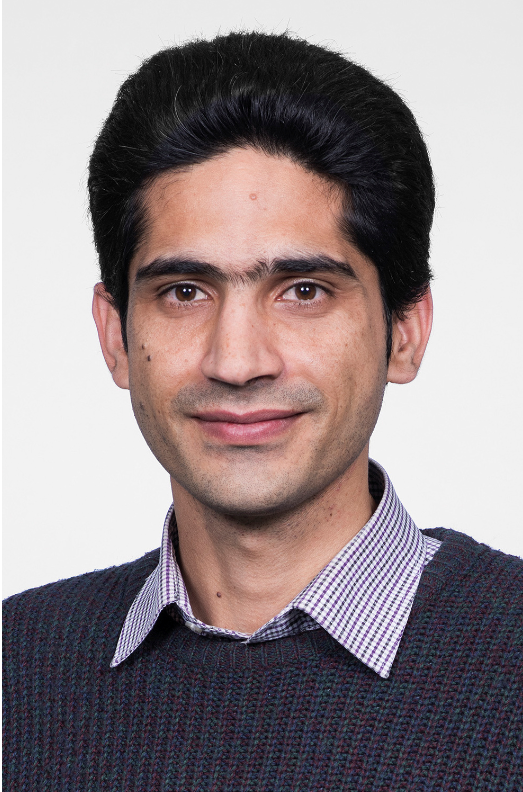



Biomin announces participation in €10M research project to improve animal health, welfare through better understanding of gut microbiota interactions
Leading animal nutrition and feed additive producer BIOMIN has recently announced its involvement in a 4-year, €10 million EU-backed research consortium effort to address the challenges of pig and poultry production by creating a new technology to analyze animal-microbiota interactions at the microscale and produce 3D visualizations.
The Project 3D’omics, which involves 13 partner organizations from 11 countries and receives funds from the European Union’s Horizon 2020 Research & Innovation Platform, is led by the University of Copenhagen in Denmark, and has the potential to improve the sustainability of animal production.

“Gut microorganisms have a systemic impact on many biological processes of farm animals. Because of this, understanding animal-microbiota interactions is recognized as one of the key steps to advance towards more efficient animal production, more sustainable procedures and to improve the welfare of animals,” said Antton Alberdi, Assistant Professor at the Center for Evolutionary Hologenomics, GLOBE Institute at the University of Copenhagen and 3D’omics project coordinator.
Looking to the future
“The role of animal host-microbiota interactions is crucial to understanding gut health, and thus improving animal health, welfare and performance,” noted Dr Christian Kittel, Research Program Director Gut Performance at BIOMIN. “We see continued interest in -Omics based tools that help our customers adopt precision animal farming, and we expect this interest to further increase in the future,” he added.
Over the past several years BIOMIN has applied -Omics technologies to address animal/bird gut health and performance aspects on-site at commercial operations using portable sequencing devices and advanced analytics.
“As we continue to roll out microbiome analysis services for customers in more markets globally, we’re looking in parallel 5 to 10 years into the future in terms of technological innovation at what these technologies could offer to the industry and our customers,” stated Dr Kittel.

Potential applications
“We’re excited to uncover the biological metabolic interactions and niche properties that shape an animal’s gut microbial community and host health,” commented Dr Mahdi Ghanbari, Scientist at BIOMIN.
“These insights have numerous potential applications, including the development of precision solutions to improve animal health, welfare and performance, understanding and addressing various pathogen challenges, and helping to inform the development of feed formulations,” Dr Ghanbari observed.
“We appreciate the opportunity to work with well-renowned universities, research institutions and industry players on this EU-backed project and we’re hopeful that the results will bring the entire industry another step closer to a more sustainable future,” concluded Dr Kittel.






